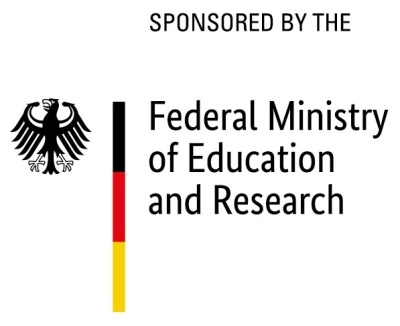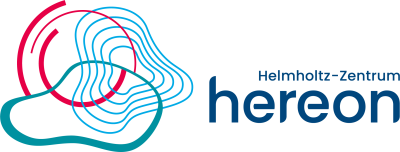Bioeconomy Changemakers Festival
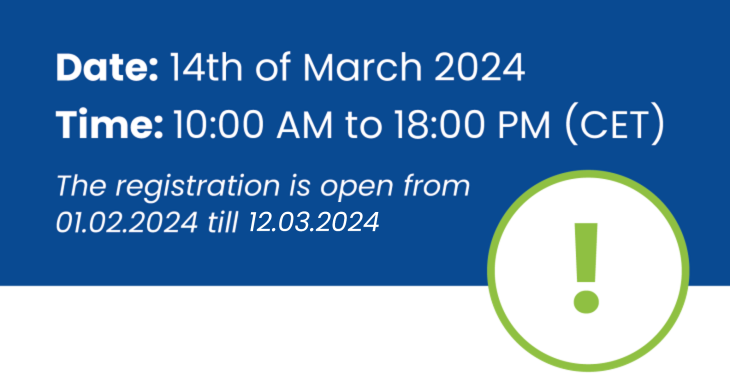
Our economy has long relied on traditional extractivism of our finite resources posing a major burden on our environment and society. Our value chains need a makeover, and we want to plan this change together with you!
It is our pleasure to invite you The Bioeconomy Changemaker Festival 2024 -Satellite Event Berlin “Advancing biotechnology and biomanufacturing for industrial modernization and sustainable value chains”, organized by the Colombian-German network of junior scientist MENZYPOL-NET and the Institute of Functional Materials for Sustainability at Helmholtz Zentrum Hereon.
What to expect?
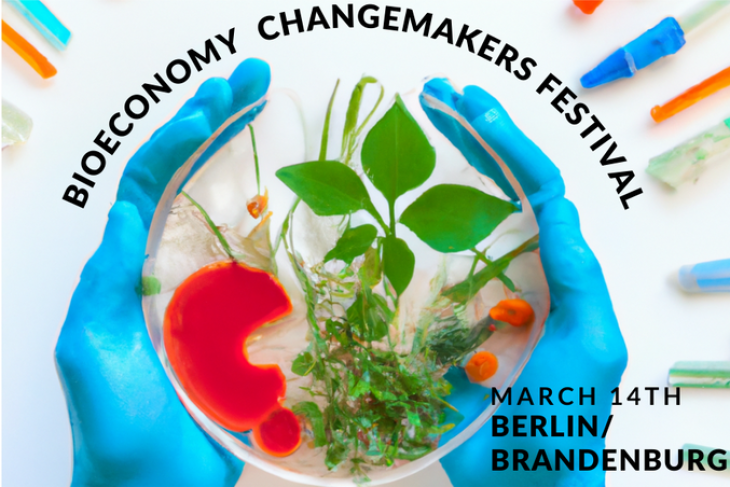
• A diverse group of students, researchers, entrepreneurs, and policymakers active on climate action, sustainable materials, resilient agriculture, and supply chains. Participation free of charge!
• 60 participants in person and 200 joining virtually from the EU and Colombia
• Scientific plenaries, success stories from bio-based industries, round tables including policy maker panelists, and a Students Elevator-Pitch Competition
- 10:00 -10:25 -> Welcome and Introduction - Prof. Francesca M. Toma – Director of IFMS-Helmholtz Center Hereon
- H. E. Yadir Salazar Mejia – Ambassador of Colombia to Germany
- Dr. Natalia Tarazona – Junior Researcher and Leader MENZYPOL-NET - 10:25-11:25 -> Session 1 | A bioeconomy within planetary boundaries Topics: Opportunities and challenges for the implementation of the Bioeconomy (in Germany), National Biomass Strategy, Circlenomics and (microbial) biodiversity for the bioeconomy
-Prof. Dr. Michael Braungart (Germany)
Cradle to Cradle - new business models as a prerequisite for a genuine circular economy
-Prof. Dr. Christine Lang (Germany)
Industrial Biotechnology helps to respect planetary boundaries. Opportunities and challenges for the implementation of the Bioeconomy in Germany - 11:25-11:45 -> Coffee break
- 11:45-13:00 -> Session 2 | Diversity of (micro)organisms to break through global food insecurity, and lineal value chains Topics: Innovative approaches to biodiversity discovery, characterization, digitalization and protection. Microbes as enablers of a sustainable bioeconomy
-Dr. Sonja Oberbeckmann (Germany)
On the intersection of microbiome and material research: what can be achieved?
-Prof. Dr. Jörg Overmann (Germany)
The Potential of the Invisible to Shape Future Bioeconomy
-Dr. Carol Amaya (Colombia)
Development of the Bioprospecting Strategy of Colombian Microbial Biodiversity for Agriculture: Menzypol Net as a Model. - 13:00-14:00 -> Lunch and networking break
- 14:00-15:40 -> Session 3 | Biobased innovations and biotechnologies to break through traditional manufacturing. International research initiatives for a decarbonized bioeconomy, challenges in the fermentative production of bio-based products, and waste upcycling for a waste-negative economy
-Dr. Joachim Venus (Germany)
Challenges in the fermentative production of bio-based products
-Rosa Gonzalez (Spain -Online)
BIOSUPPACK project: From brewery waste to bioplastics: new value chains for innovative and sustainable packaging
-Dr. Kelly Servaes (Belgium -Online)
Lignin-based platform chemicals towards the market: VITO’s LignoValue Pilot platform & COUNTLESS
-Dr. Philipp Haida (Germany)
Traceless materials - using agricultural plant residues for a novel
generation of natural, bio-circular plastic substitutes
-Prof. Dr. Felipe Salcedo (Colombia -Online)
Development of novel biopolymer composites to close the loop in the agricultural value chain - 15:40-16:00 -> Coffee break
- 16:00-16:40 -> Students Elevator-Pitch Competition -Dr. Nicolas Krink (Germany)
All You Need to Know About SPRIN-D and Why Innovation is Not Equal to Invention.
-Pitching session – Moderator Dr. Krink
In this session we will have winners from the Student Elevator-Pitch Challenge pitching their ideas in 5 min. The contest seeks to support the Z Generation to forward disruptive ideas/projects using biotechnology. Participant countries: Germany, Spain, Colombia, and more. 5 min pitches! - 16:40 – 17:40 ->Panelist Discussion – Moderated by Dr. Rainhard Machatschek Participants
-Youth Ambassador Olivia Mrozinski (Video Recording)
-MS.c. Evelyn Echeverria, BMBF, National Contact Point Bioeconomy and Environment
-Dr. Carol Amaya, AGROSAVIA, Colombia
-Lisa Stelzer, Technical University Berlin (topic: industrialization of fungal-based composites)
-Friedrich von Rantzau, Director Stab Innovation & Transfer, Helmholtz Center Hereon
- Ricardo Vargas Carpintero, University of Hohenheim (online, topic: development of biobased value chains and webs) - 17:40 - 17:50 -> Resilient value chains, an industry perspective Wolfgang Niedermark (Germany)
Innovation, diversification, resilient supply chains and the challenges facing the industry
- 17:50 -> Closing session
H.E. Yadir Salazar-Mejía - Colombian Embassy
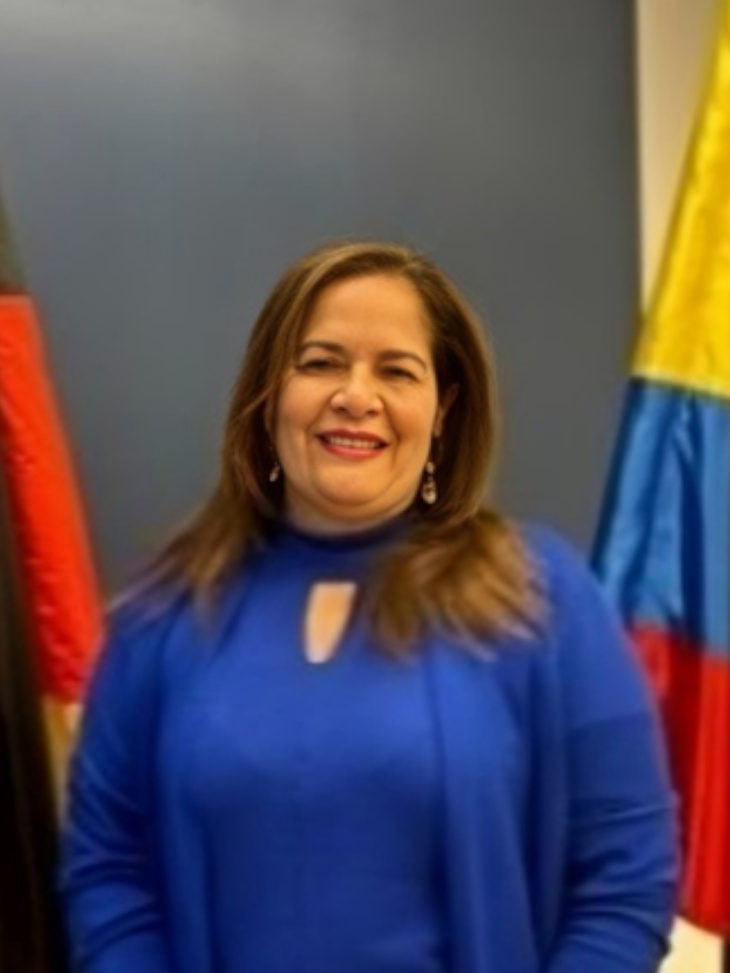
Ambassador of Colombia to Germany since October 2022, Madam Ambassador Yadir Salazar-Mejía has an extensive career in the public sector of Colombia. Her experience includes serving as the Chief of Staff at the office of the Vice President of the Republic of Colombia, as well as fulfilling various responsibilities within the Diplomatic Career and the Ministry of Industry, Trade, and Tourism of Colombia. She holds an undergraduate diploma in Finance and International Relations from Universidad Externado de Colombia, a postgraduate degree in European Economic Integration from the University of Saarland, Europa-Institut, Saarbrücken, Germany, and certificates from Harvard University in Environmental Management and Global Climate Change.
Prof. Dr. Michael Braungart - Leuphana University Lüneburg
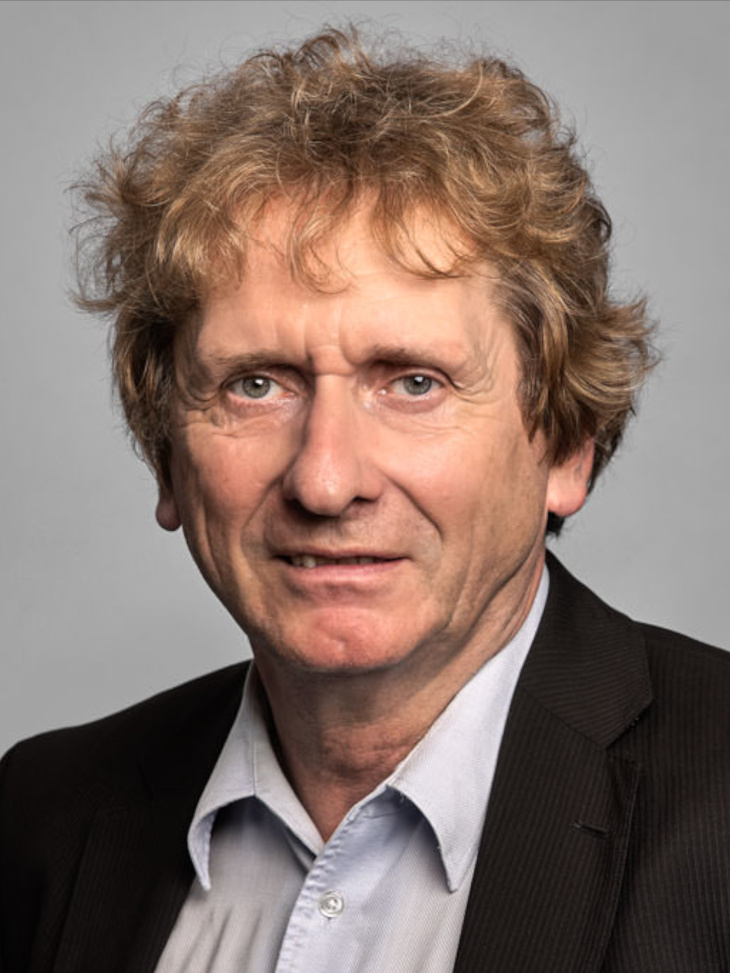
Michael Braungart teaches at Leuphana University in Lüneburg. He is also the founder of EPEA Internationale Umweltforschung GmbH in Hamburg, the cradle of Cradle to Cradle. In addition, Michael Braungart is co-founder and scientific director of McDonough Braungart Design Chemistry (MBDC) in Charlottesville, Virginia (USA) as well as founder and scientific director of the Hamburg Environmental Institute (HUI). He is the co-founder of the Cradle-to-Cradle design concept, which is the basis for the European Union's Green Deal and Circular Economy programs. Together with organizations and companies from different industries, Michael Braungart designs eco-effective products, business models and smart material pooling. In 2007, for example, he was awarded the title of Hero of the Environment by Time Magazine, together with William McDonough.
Prof. Dr. Christine Lang - BIO Deutschland
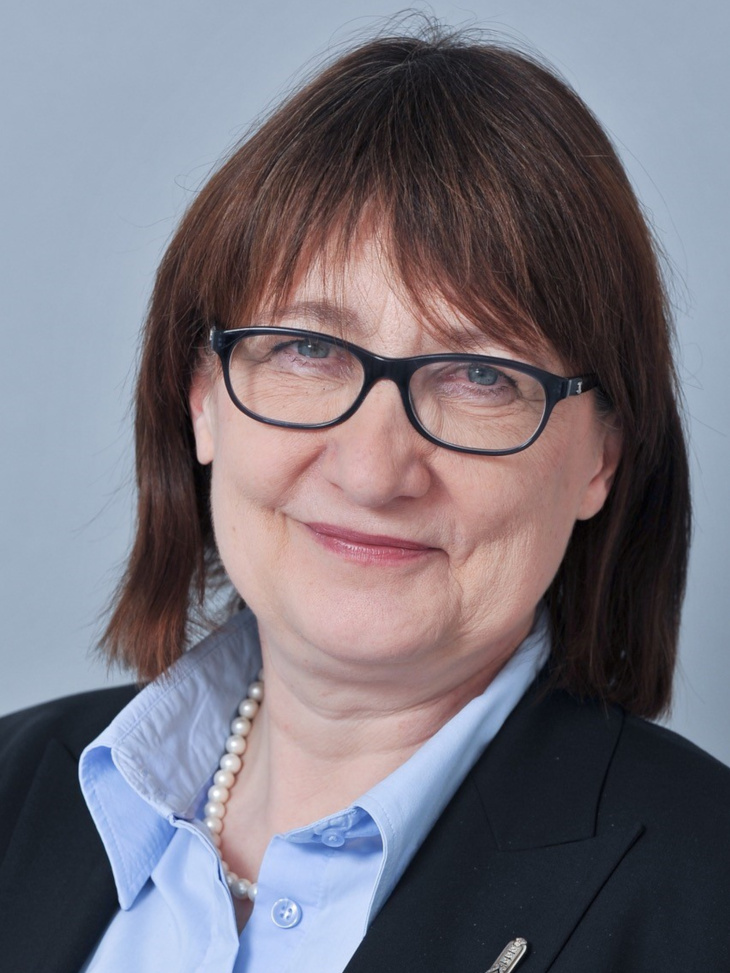
Christine Lang is an expert on microbial biotechnology and sustainable bioeconomy. She is a serial entrepreneur and has founded and managed the biotechnology companies Organobalance GmbH and Belano medical AG. She now works as a consultant on microbiology and bioeconomy. Her academic home is Technical University Berlin, where she is associate professor. She was chair of the German Bioeconomy Council from 2012 to 2019. Since 2018, she has headed the think tank International Global Advisory Committee on Global Bioeconomy (www.iacgb.net). She serves on the boards of various research institutes and leads the working group on Industrial Bioeconomy at BioDeutschland.
Dr. Sonja Oberbeckmann - Federal Institute for Materials Research and Testing (BAM)
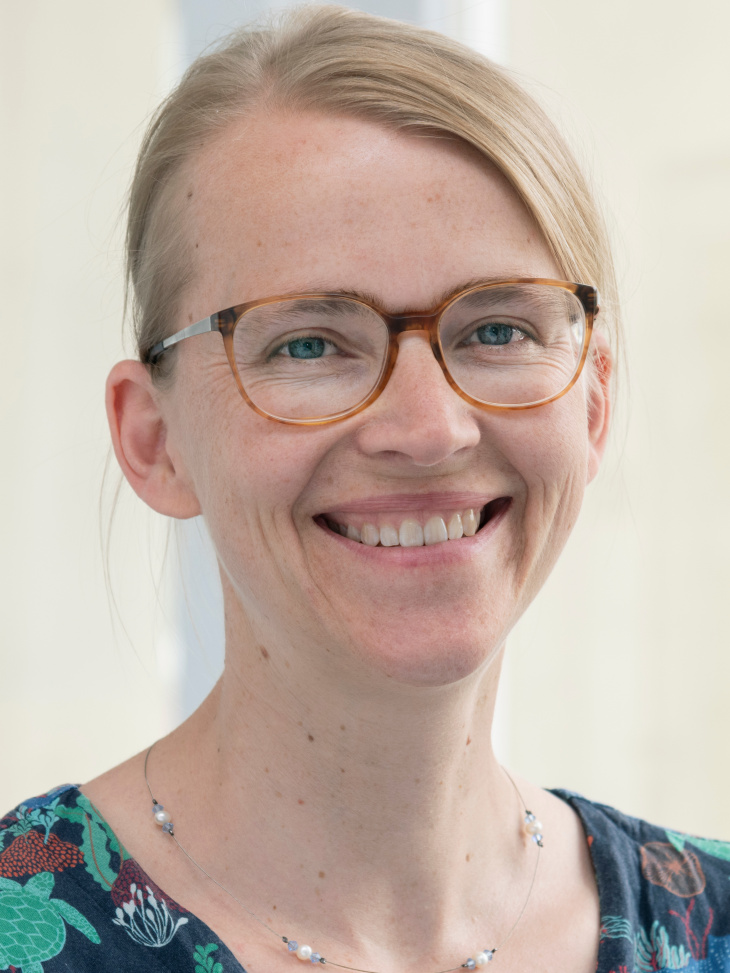
Sonja Oberbeckmann is a microbiologist, exploring the interactions of microorganisms and anthropogenic material. She has a background in marine microbiology, microbial ecology and environmental microbiology. She uses DNA/RNA-based approaches to understand the composition, dynamics, and functional role of microbial communities in the light of human activity. Sonja is also interested in the utilization of microbial biofilms for beneficial applications and discovering new bacteria with special traits. From 2013 to 2023 she studied the microplastic microbiome as associated scientist at the Leibniz Institute for Baltic Sea Research Warnemünde (IOW). In 2023, she took over the newly established division Material-microbiome-interactions at the Federal Institute for Materials Research and Testing (BAM).
Prof. Dr. Jörg Overmann - Leibniz Institute DSMZ
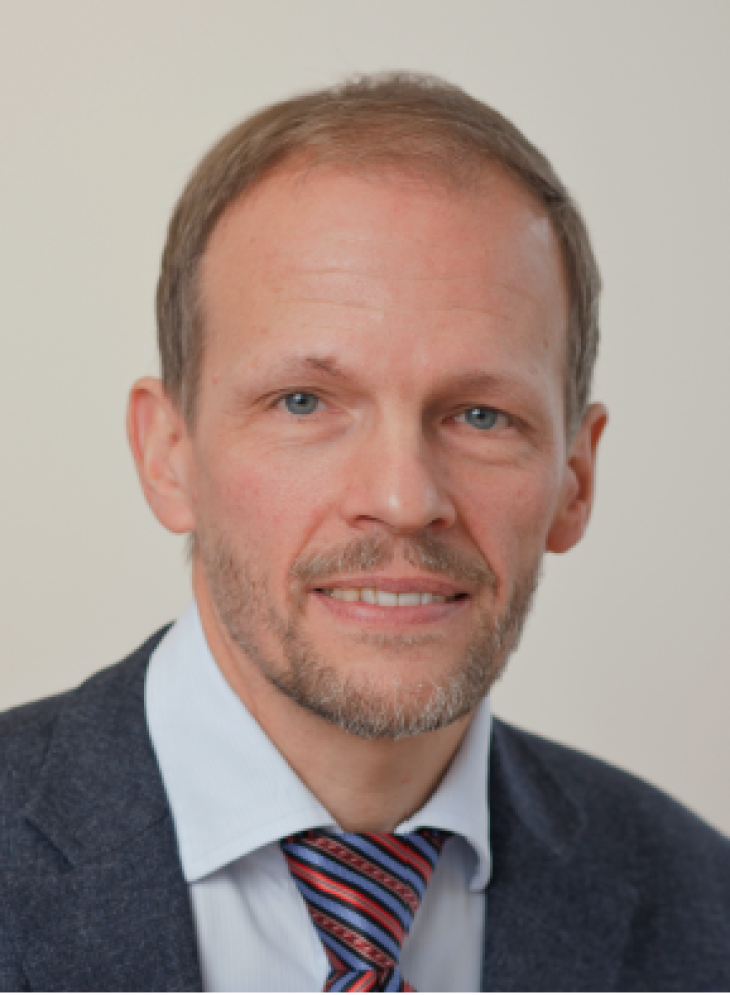
Extensive experience in microbial ecology, bacterial physiology, genomics, and molecular ecology. Analyzed bacterial community diversity, biogeochemical activity, and environmental controls, as well as molecular interactions. Discovered new bacterial species using innovative cultivation methods. Extensive fieldwork in Namibia, Angola, Botswana, Ethiopia, and Senegal. Sequenced and analyzed over 200 bacterial and fungal genomes. Developed the BacDive bacterial metadatabase. Contributed to various research programs funded by DFG, BMBF, and the EU. Provided policy advice on topics such as Convention on Biological Diversity, the Nagoya Protocol, and Digital Sequence Information. Secured over 20 million euros in third-party funding.
Dr. Carol Amaya - AGROSAVIA
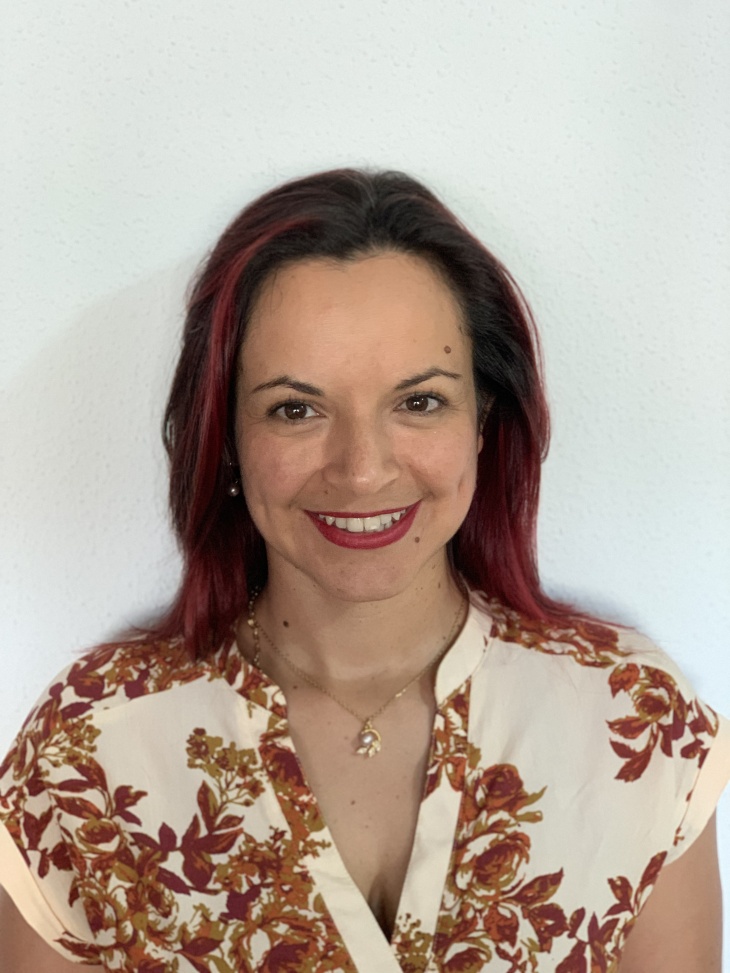
Dr. Carol Amaya, who earned her Ph.D. from the University of Granada in Spain, is a key member of the research team at the La Libertad Research Center of the Colombian Corporation for Agricultural Research (Agrosavia). She collaborates with prestigious institutions worldwide and serves as the coordinator of the bioprospecting area and curator of Agrosavia's Germplasm Bank within the Department of Agrobiodiversity. Her research focuses on isolating and characterizing microorganisms for biotechnological applications in agriculture, including biological control of phytopathogens, plant growth promotion, and bioremediation. Dr. Amaya's work contributes to understanding the evolving landscape of bioprospecting, aiming to harness microbial biodiversity for commercial ventures and bioeconomic development, particularly in biodiverse nations like Colombia.
Dr. Joachim Venus - ATB Potsdam
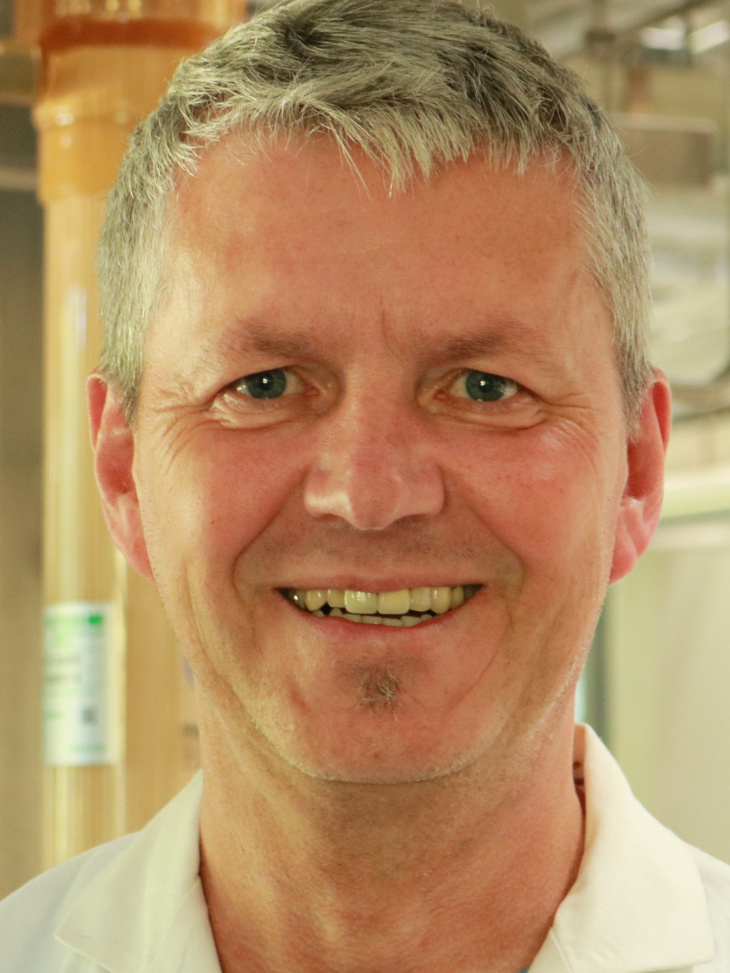
Senior Scientist in Industrial Biotechnology, holds a diploma in Biotechnology and a PhD in Bioengineering. He has worked at Anhalt University of Applied Sciences Köthen, Technical University Dresden, Institute of Biotechnology Potsdam, University of Potsdam, and Brandenburg University of Technology. Currently, he leads research in bioconversion at ATB Potsdam, focusing on optimizing fermentation processes for producing organic acids from renewable resources. Venus oversees international research projects and has authored over 80 publications.
Rosa Gonzalez - AIMPLAS
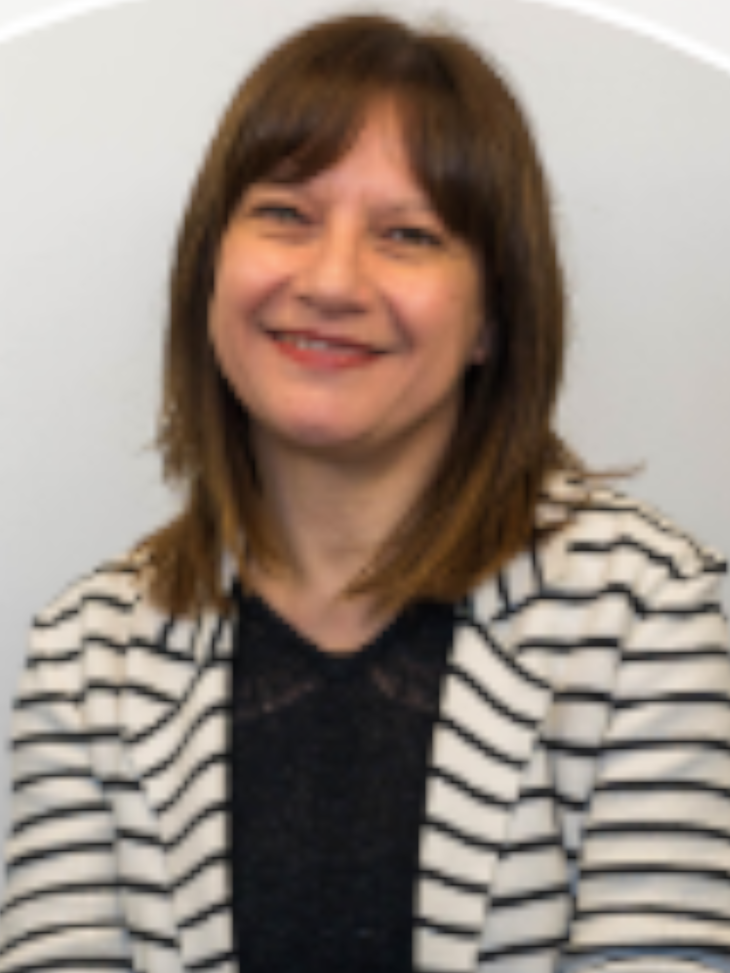
Bachelor’s degree in chemistry by the University of Valencia. Currently Rosa is leading the Non-food contact Packaging Group of AIMPLAS, with more than 20 years of experience in the development and processing of polymeric materials and products for different applications in the plastic sector. She has coordinated and participated in different projects related to sustainable packaging: biopolymers, smart packaging, packaging structures optimization and waste valorization for packaging applications.
Kelly Servaes - VITO
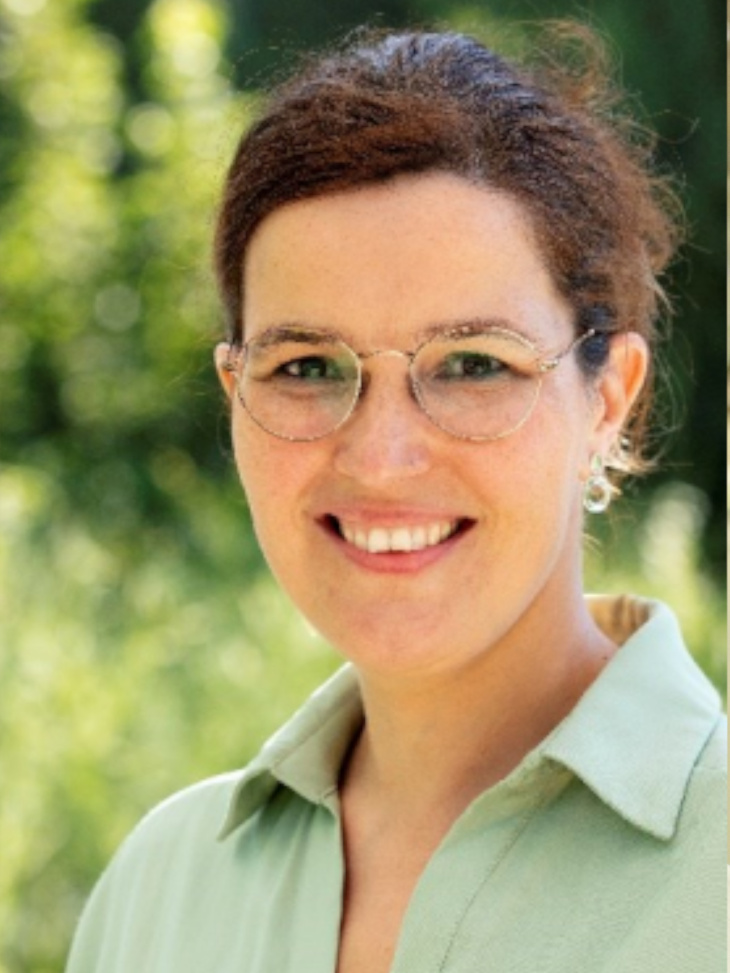
Kelly Servaes received her PhD in Chemistry from the Catholic University of Leuven in 2007. She began her career at VITO, specializing in analyzing organic contaminants in the environment. In 2013, she transitioned to the Sustainable Chemistry unit, focusing on bioaromatics and lignin research. Initially evaluating membrane separation technologies, she later became a project manager, overseeing national and international projects. In 2018, she led the EFRO LignoValue Pilot project, establishing a pilot unit for lignin depolymerization. Currently, she coordinates the upscaling of lignin to bio-aromatics and manages related projects such as COUNTLESS. She is also involved in Biorizon, a Shared Research Centre on Bio-aromatics with TNO in the Netherlands.
Philipp Haida - Traceless Materials
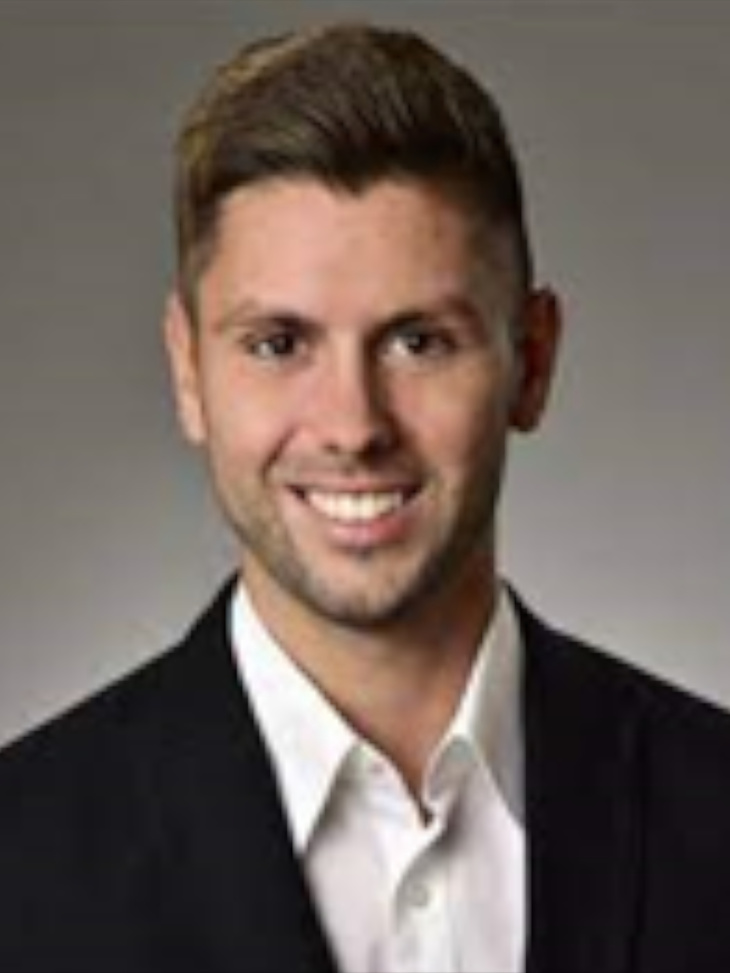
Philipp Haida holds a Ph.D. in polymer chemistry and works as an R&D Scientist at traceless materials. In his role, he investigates the fundamental interactions and reactions of traceless bio-based materials, beginning from the raw materials to the final products. His background includes extended knowledge in organic chemistry, polymerization techniques and polymer characterization. During his studies, his focus was the modification, implementation, and reprocessing of mainly natural thermoplastics and thermosets at universities in Berlin, Hamburg, Seoul, and Bangkok.
Prof. Felipe Salcedo - Universidad de Los Andes
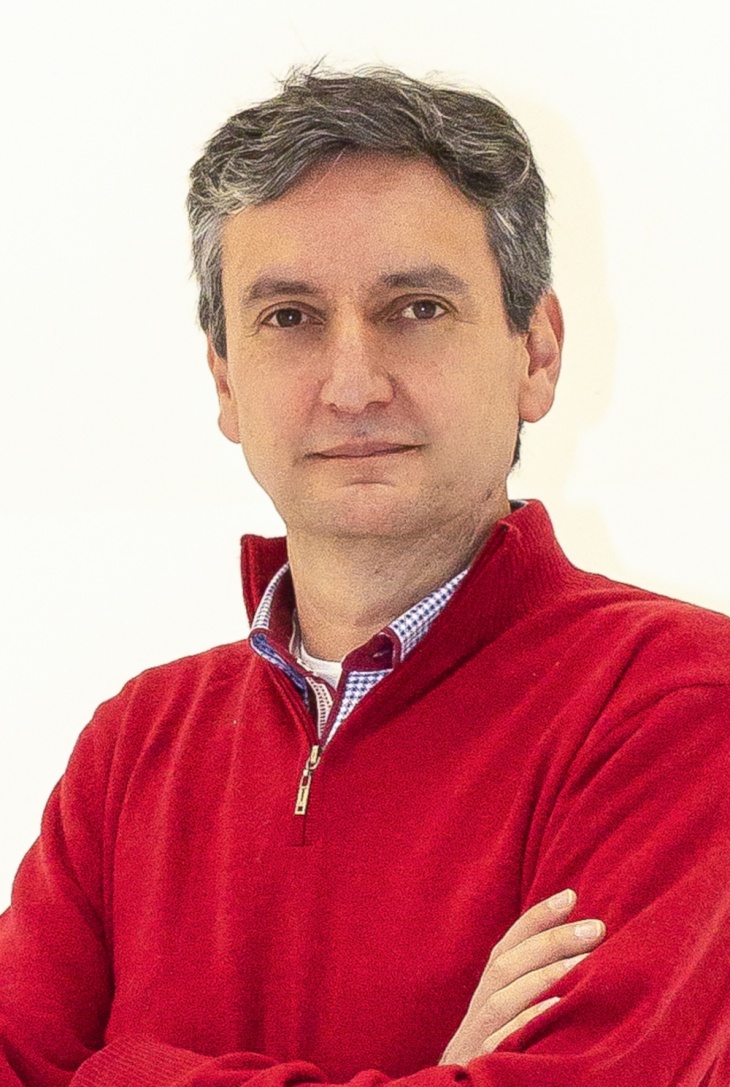
Felipe Salcedo is a chemical engineer (Universidad Nacional de Colombia, 1998) and holds a Masters of Science degree on mechanical engineering (Universidad de los Andes, 2006) and Ph.D. in Materials Science and Engineering (The Pennsylvania State University, 2012). Currently he is an Associate Professor at the Chemical and Food Engineering Department, Universidad de los Andes, Bogotá,, where he has been appointed for the last 12 years, after. He is also partner and scientific advisor at Metcover an R&D&i company in green chemistry and technologies focused on enhancing agroindustry. He is coauthor of a PCT patent on the development of multifunciotal active compounds for agricultrual applications. His research has focused on: (i) Polymers and biopolymers composites for food packaging and agricultural applications, (ii) Biopolymer-based coatings to extend shelf life of fruits and (iii) plastics sustainability.
MS.c. Evelyn Echeverria - PT-Jülich
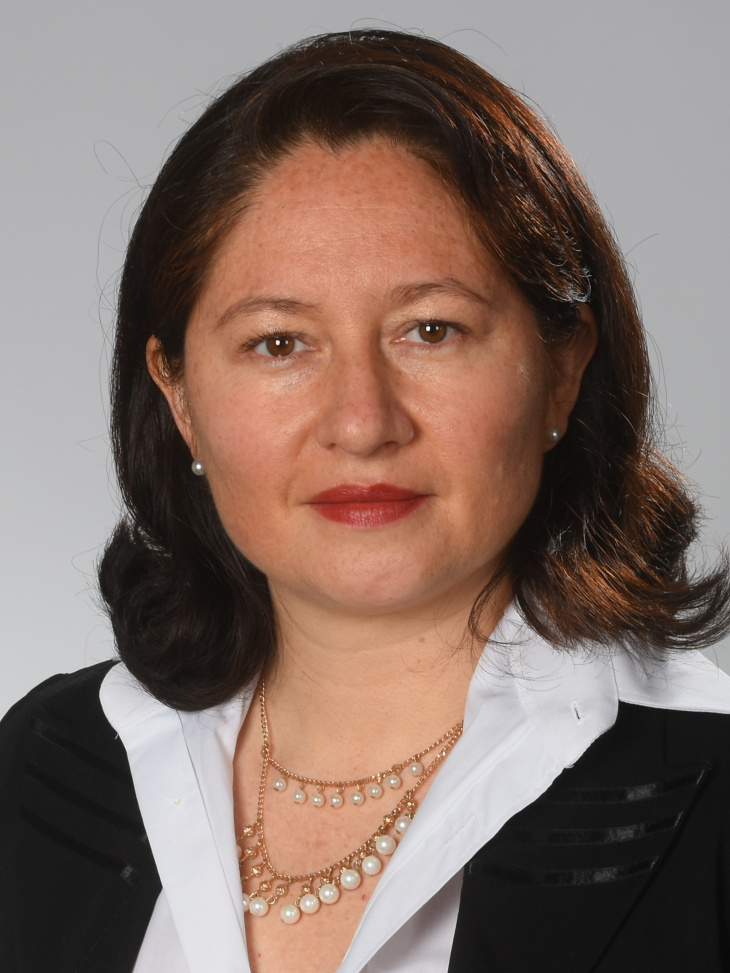
Evelyn Echeverria holds degrees in Environmental Sciences and Biology, along with an MSc. in Environmental Analysis and Systems design. With extensive experience in cluster and network projects, she has collaborated with various German ministries and international figures in environmental, political, and social sectors. Her roles include scientific coordinator for the ERA-NET ECO-INNOVERA project (2011-2014) and membership in the "Sustainable Development and Innovation" department as an EU scientific project associate at Pt-Jülich since 2011. Nominated as National Contact Point for Framework Programmes by the Commission in sustainable cities (2015), she currently represents the Driving Urban Europe Transitions partnership for the Federal Ministry of Education since 2019.
Wolfgang Niedermark - Federation of German Industries BDI
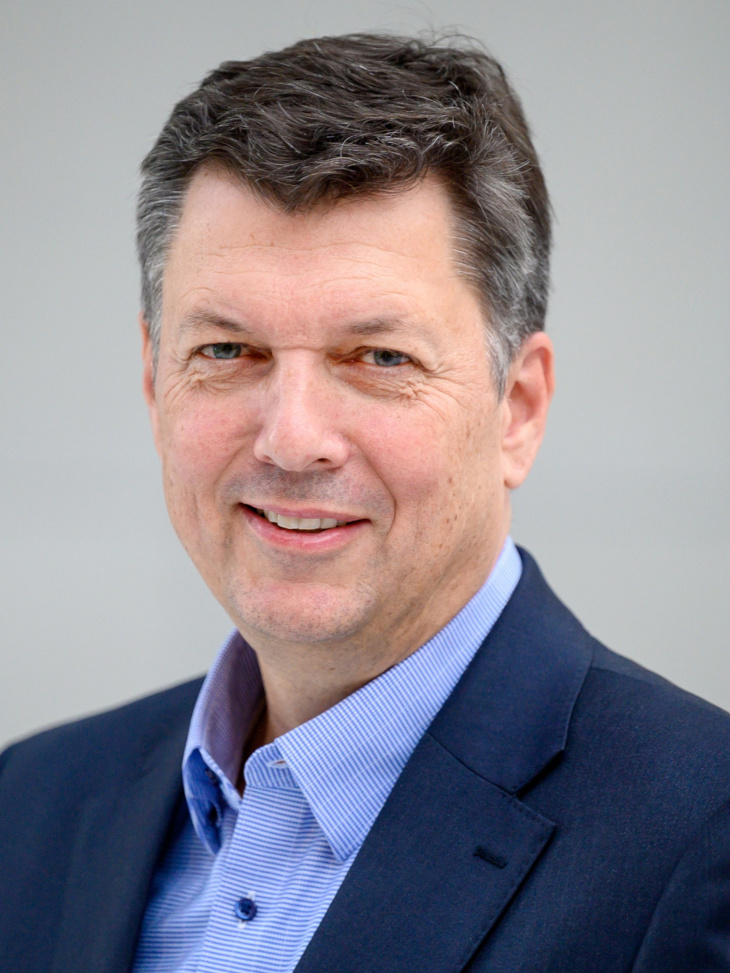
Wolfgang Niedermark has a background in economic geography, international law, and political sciences from WWU Münster. He held various roles in business associations, management teams, and executive positions in companies like Heinrich Bauer Ost Marketing, the Korean-German Chamber of Commerce and Industry, and BASF. Since October 2020, he has been a member of the Executive Board of BDI, Berlin, after serving as Delegate of German Business at AHK Hong Kong.
Are you a Bioeconomy Changemaker?
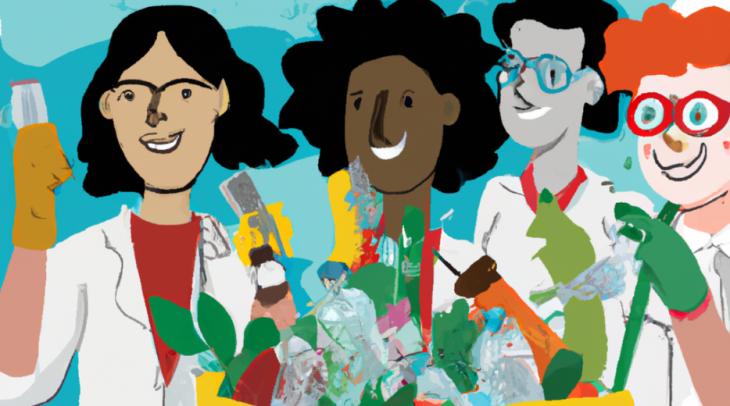
We are looking for young changemakers (between 20-35 years old) to pitch their disruptive ideas about:
• Biomass use optimization
• Biomanufacturing of polymers, chemicals, ingredients...
• Sustainable food/agro value chains
• Sustainable use of biodiversity for the bioeconomy
How to apply? Deadline: March 12th
• Get a nomination by a Professor at your institution (optional). The letter of nomination must be no longer than one page and must be signed by the teacher.
• Register in the link below
• Send by email to contact@menzypol.hereon.de with a 2 min. video/voice recording describing your idea. Be creative!
• An evaluation committee will select the 3 most disruptive, innovative, and impactful ideas for you to pitch on the day of the event (in person or virtual).
• Winners will be notified on March 11th.
• Winner will get mentoring from experts in the field from The Federal Agency for Leap Innovations SPRIND
- How to apply? Deadline: February 15th -Get a nomination by a Professor at your institution
-Upload a 2 min. video in the registration tab describing your idea. Be creative!
-An evaluation committee will select the 4 most disruptive, innovative, and impactful ideas for you to pitch on the day of the event (in person or virtual).
-Winners will be notified on March 1st.
-You will get a pitch feeback from experts in the field.
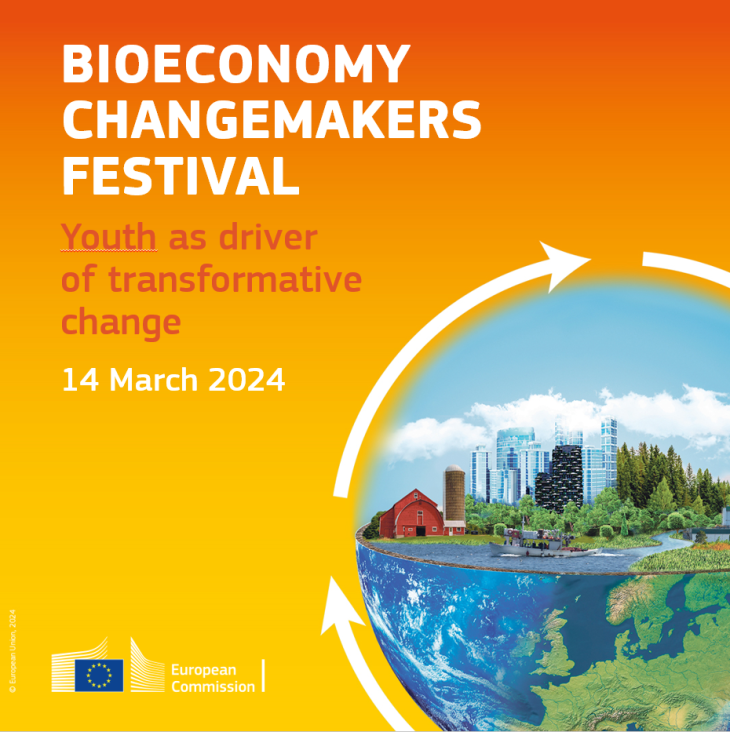
• This registration is mandatory if you want to attend the event, either in-person or online (the event will be streamed).
• Attendance in person requires verification by the organizing committee.
• To comply with the diversity and equal opportunities policy of our event, we will survey the registered participants for the in-person meeting to select 60 participants.
• NOTE 1: Places for in-person attendance are limited, therefore the organisation team reserves the right to reject applications for in-person attendance.
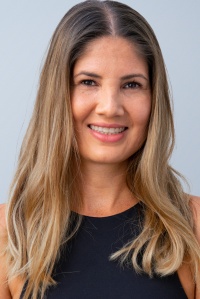
Institute of Funcitonal Materials for Sustainability, Helmholtz-Zentrum Hereon
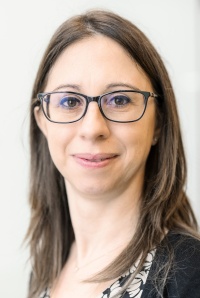
Institute of Funcitonal Materials for Sustainability, Helmholtz-Zentrum Hereon
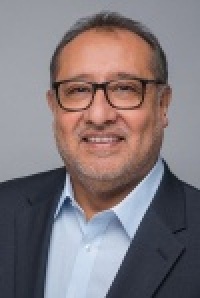
Institute of Funcitonal Materials for Sustainability, Helmholtz-Zentrum Hereon
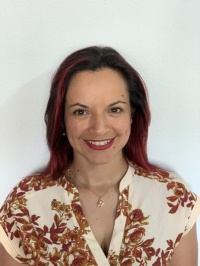
Dep. of Agrobiodiversity-Microorganisms Germplasm Bank, AGROSAVIA
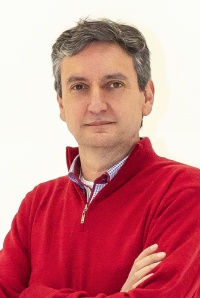
Chemical Engineering Dep., Universidad de los Andes
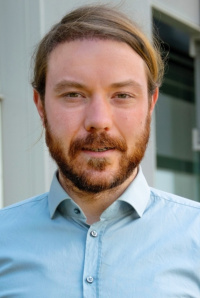
Institute of Funcitonal Materials for Sustainability, Helmholtz-Zentrum Hereon

